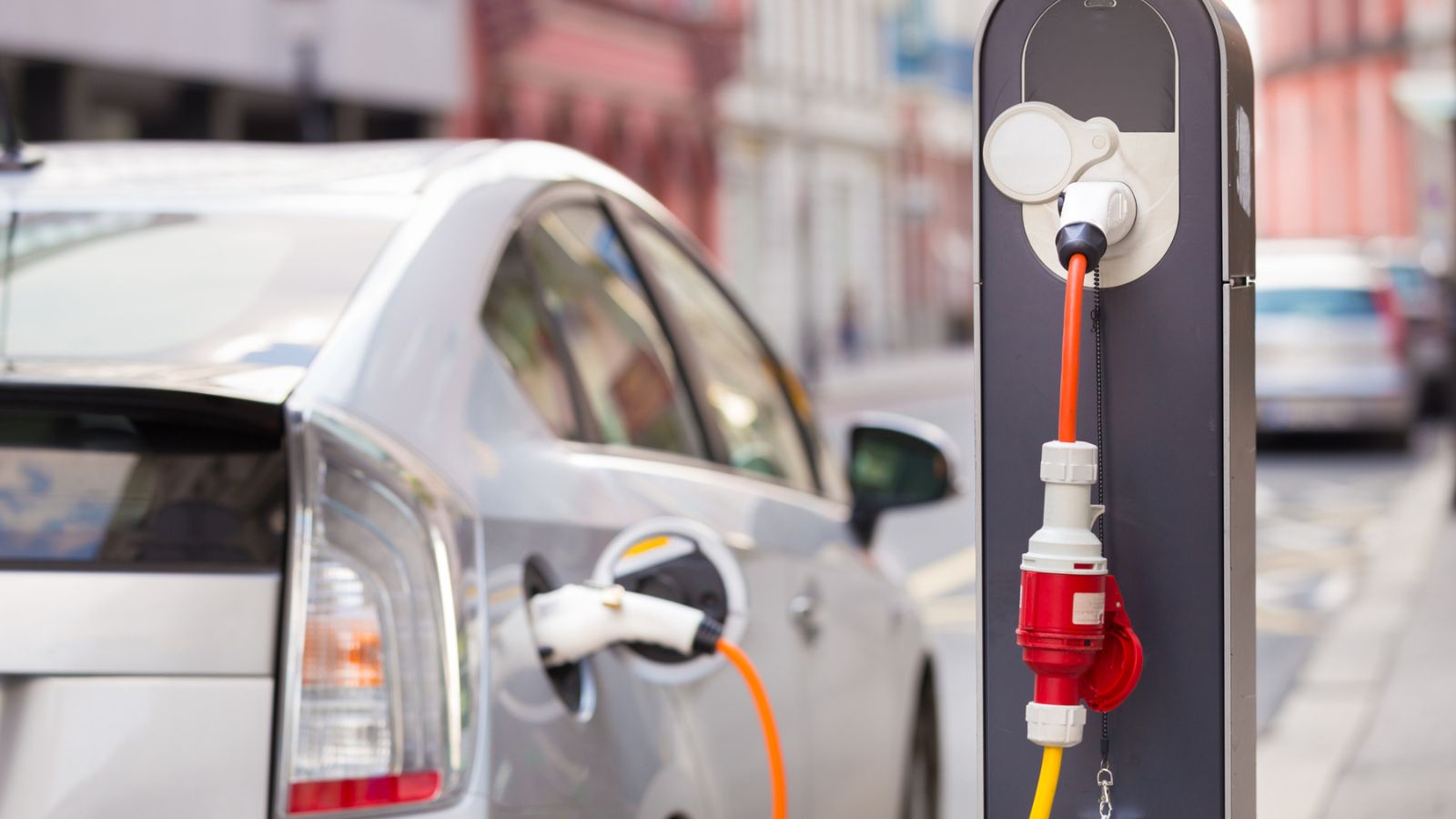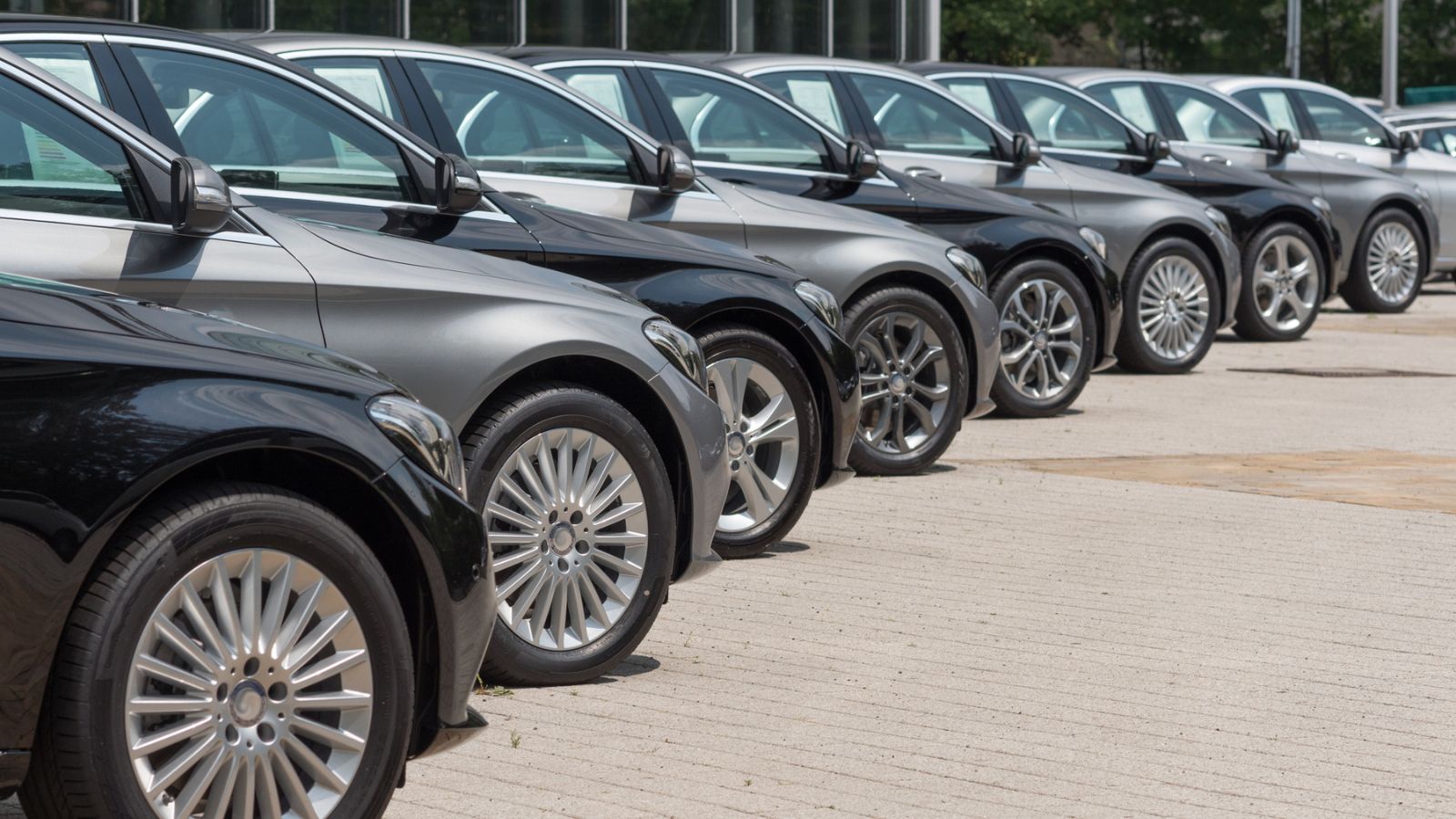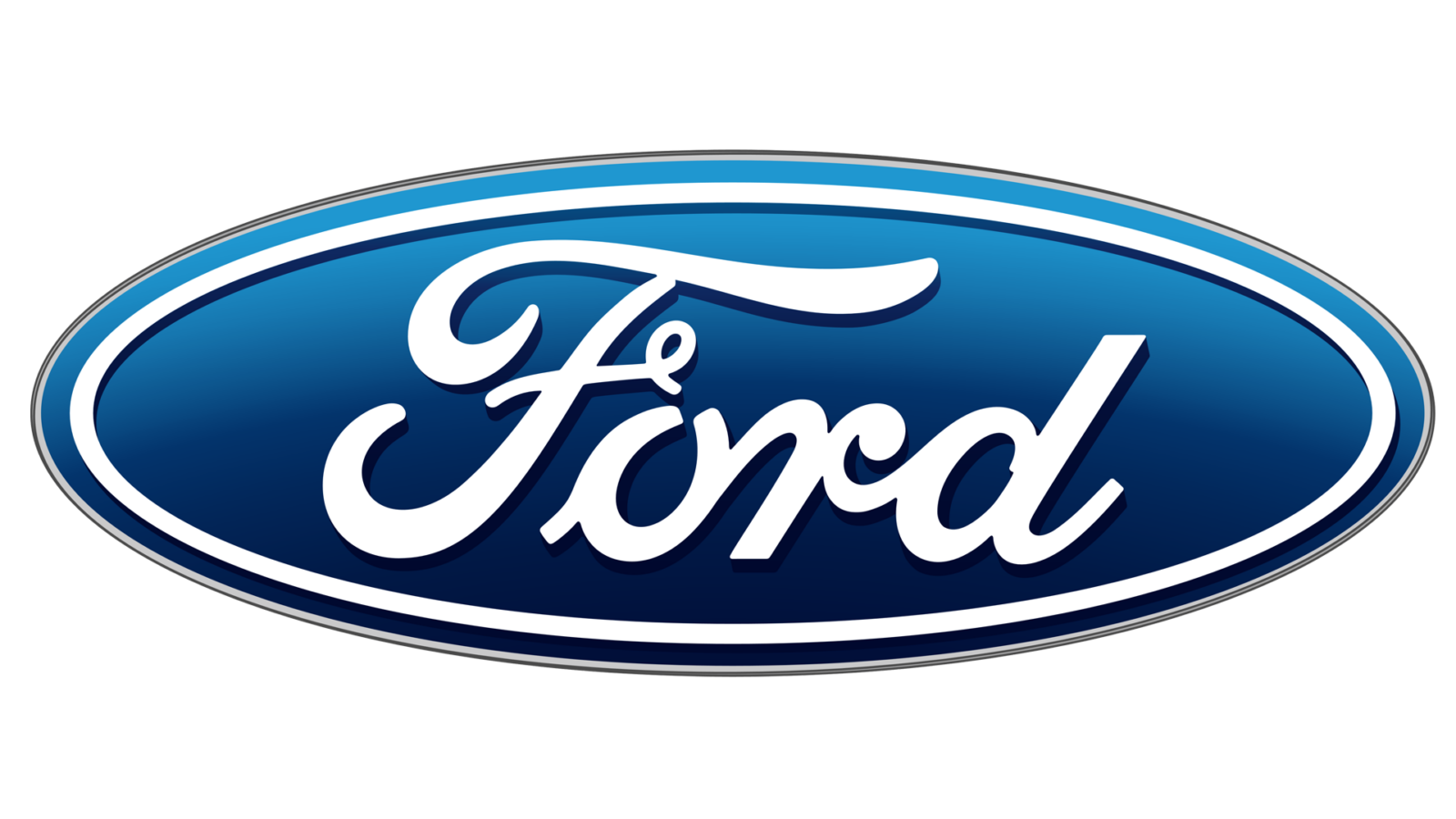As Ford continues its push into the electric vehicle (EV) market, a significant challenge has emerged on the home front: more than half of its nearly 3,000 US dealerships are reluctant to embrace the electric revolution.
Mixed Response To EV Efforts

These dealerships have chosen to forgo the investments required to sell Ford’s electric vehicles, signaling a mixed response to the automaker’s ambitious electric lineup.
Dealerships Shying Away from EVs

The transition to electric vehicles hasn’t been smooth for Ford, with around 1,550 dealerships, or just over half of its network, opting not to invest in selling EVs like the F-150 Lightning and Mustang Mach-E.
Read More: Fallout from the McCarthy Handshake Deal with White House
Plans To Continue With Combustion Engine and Hybrid Variants

Instead, they plan to focus on traditional combustion engines and hybrids, which remain popular among consumers looking to reduce fuel costs without committing to full electrification.
Regional Variation in EV Adoption

Ford acknowledges that electric vehicle adoption rates vary across the country, leading to varying levels of dealer enrollment in the EV program. This selective approach means that 86% of the US population will still be within a 20-mile radius of a Ford dealership capable of selling and servicing EVs.
Dealer Hesitation and Costly Certification

Dealerships’ reluctance to embrace EVs could be attributed to the substantial investments required by Ford. To qualify as an EV-certified dealership, they must invest in infrastructure, including DC fast-charging stations, effectively turning their lots into charging locations for EV owners. Additionally, dealership staff must undergo specialized training.
Read More: Supreme Court Rules 9-0 in Favor of Concurrent Sentences for Gun Crimes
The Million-Dollar Certification Programs

The certification programs, which encompass charging infrastructure and staff training, come with hefty price tags. Some estimates suggest that the cost can exceed $1 million for each dealership, leading to legal disputes between Ford and its dealers.
Legal Battles and Dealership Concerns

One notable case involved an Illinois dealership group that accused Ford’s program of violating state laws. The outcome was a ruling in favor of the dealership group, as reported by the Chicago Tribune. Ford intends to challenge this decision.
Dealer Warnings About EV Demand

Earlier this year, Ford dealerships were among the first to raise concerns about waning demand for electric vehicles. Some dealers even declined allocations for the Mustang Mach-E. Later, they faced challenges in fulfilling orders for the F-150 Lightning.
Also Read: Supreme Court Rulings Could Completely Alter Gun Control
Production Cutbacks and Investment Delays

In response to slowing sales, Ford scaled back production of the electric F-150 Lightning and temporarily reduced production shifts in October. Despite this, the company’s electric truck sales in the first nine months of 2023 were just a fraction of its overall F-series vehicle sales. The slowdown in sales also prompted Ford to postpone a $12 billion investment in EV manufacturing.
Dealer Trust in Decline

Ford’s relationship with its dealers has suffered amid the rollout of new EV requirements. In a recent survey of dealer trust in their franchises, Ford ranked last, with 46% of its dealers expressing “no trust” in the franchise.
Significant Challenge

Ford’s endeavor to electrify its lineup faces internal challenges as it grapples with dealer hesitation, legal disputes, and a shifting automotive landscape. The company’s efforts to bridge this gap and navigate the changing industry dynamics will be closely watched.
Read Next: British Fleet’s Daring Intercept: Chases of Russian Sub at Cork Harbour
More from The Stock Dork – Increase in U.S. Prison Population Signals a Shift in Decade-Long Trend







 Tags:
Tags:










